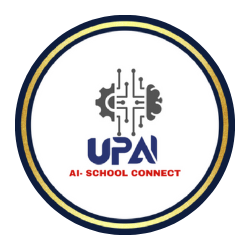Artificial Intelligence
AI has found application in a variety of domains and sectors. In healthcare sector, AI helps in medical diagnosis and patient monitoring. AI is used in financial field for fraud detection, algorithmic trading and risk assessment. AI is used in retail sector and e-commerce for supply chain efficiency, demand forecasting and tailored suggestions. AI contributes to manufacturing through quality assurance, predictive maintenance and process enhancement. In education sector, intelligent tutoring systems, adaptive learning platforms, and educational data analysis use AI. The potential of AI is vast and it is revolutionizing businesses by streamlining processes, expanding efficiency and automating decisions.










